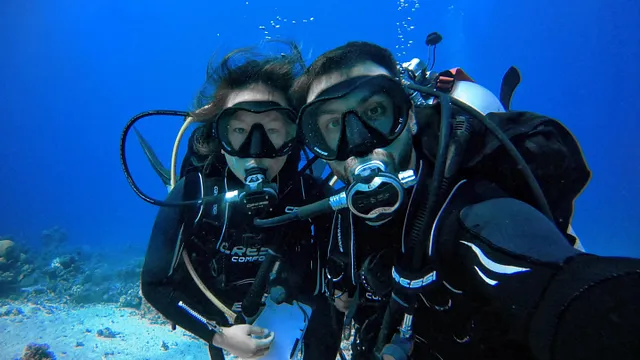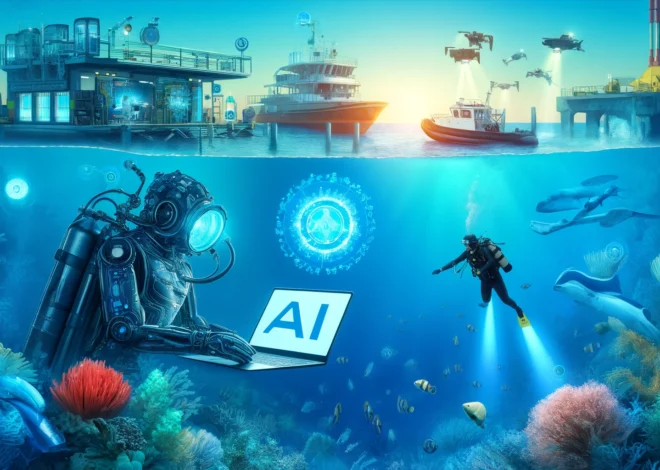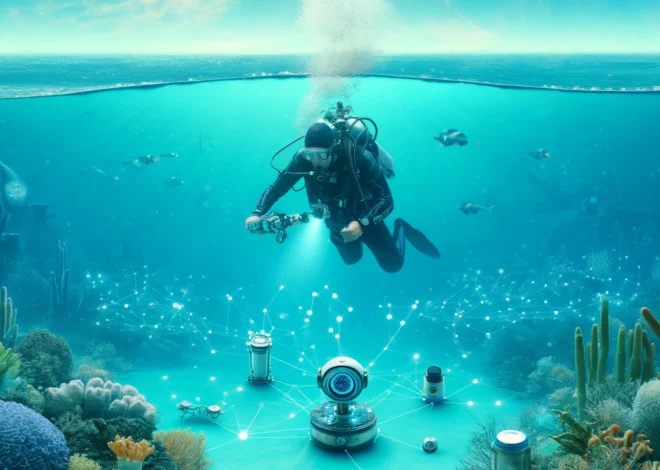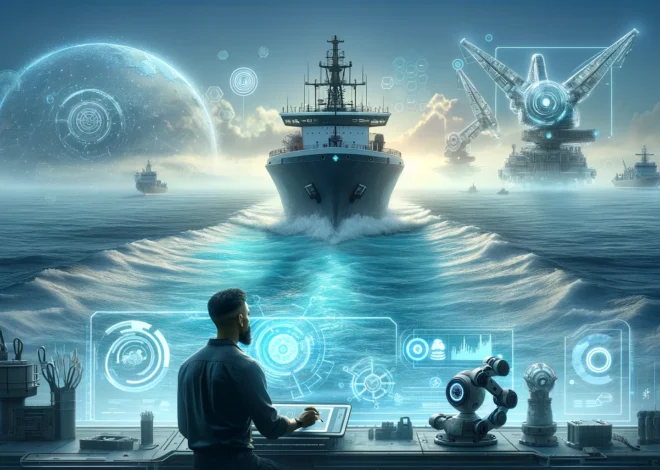
Exploring Career Opportunities in The Technical Diving Jobs
The technical diving industry offers many career opportunities for enthusiasts passionate about exploring the underwater world. From commercial diving to marine engineering, the field presents diverse paths for individuals seeking adventure and fulfilment in their professional lives.
Unveiling the Depths of Technical Diving Careers
Commercial Diving
In commercial diving job, professionals dive into various underwater projects, including construction, maintenance, and inspection. These individuals possess specialized skills and certifications to perform tasks in challenging environments such as offshore oil rigs and underwater structures.
Underwater Photography and Videography
For those with a creative flair, underwater photography and videography jobs offer exciting career prospects. Capturing the beauty of marine life and underwater landscapes requires skill, patience, and a keen eye for detail. Professionals in this field may work for media companies, research organizations, or as freelancers.
Marine Conservation and Research
Dedicated to preserving our oceans’ ecosystems, marine conservation and research careers play a vital role in understanding and protecting underwater environments. Professionals in this field may conduct scientific studies, monitor marine life populations, and advocate for environmental policies to ensure sustainable practices.
Naval Architecture and Engineering
Naval architects and engineers design and develop vessels, submarines, and underwater structures. With expertise in marine engineering and structural design, these professionals contribute to constructing and maintaining ships, offshore platforms, and underwater infrastructure.
Scuba Dive Instructor and Dive Master
Sharing their passion for diving with others, scuba dive instructors job and masters teach individuals how to dive safely and responsibly. These professionals may work for dive resorts, training centres, or as freelancers, guiding aspiring divers through certification programs and leading underwater excursions.
Navigating Your Path in the Technical Diving Industry
Embarking on a career in the technical diving job offers numerous benefits:
- Adventure and Exploration: Technical diving allows you to explore the ocean’s hidden depths, discovering new marine life and underwater landscapes.
- Skill Development: Whether mastering advanced diving techniques or honing your photography skills, technical diving offers ample opportunities for personal and professional growth.
- Environmental Impact: Careers in marine conservation and research allow you to positively impact the environment, contributing to the preservation of our oceans’ ecosystems.
- Travel Opportunities: From tropical dive destinations to remote research sites, technical diving careers often involve travel to exciting and diverse locations worldwide.
At UnderwaterPro, we’re committed to helping individuals explore and unlock the vast array of career opportunities in the technical diving industry. With our comprehensive job portal and networking resources, we connect passionate individuals with exciting roles that align with their interests and expertise.
Frequently Asked Questions (FAQs)
Q: What qualifications do I need to pursue a career in technical diving?
A: The specific qualifications required vary depending on the chosen career path. However, standard certifications include Open Water Diver, Advanced Open Water Diver, and speciality certifications such as Deep Diver or Wreck Diver.
Q: Are technical diving careers only suitable for experienced divers?
A: While some roles may require advanced diving skills and experience, entry-level positions are available for individuals with basic diving certifications. As you gain experience and additional qualifications, you can progress to more specialized roles within the industry.
Q: What are the salary prospects for technical diving careers?
A: Salaries in the technical diving industry vary widely depending on experience, qualifications, and the specific role. Commercial divers, for example, may earn higher salaries than entry-level dive instructors. Additionally, freelancers may have more flexibility in setting their rates.
Q: How can I gain practical experience in the technical diving industry?
A: Practical experience can be gained through internships, volunteer opportunities, and entry-level positions within the industry: contact dive centres, research organizations, and marine conservation groups for options.
Q: What are some emerging trends in the technical diving industry?
A: Emerging trends in the technical diving industry include advancements in dive technology, such as rebreather systems and underwater drones, as well as increased focus on sustainable diving practices and environmental conservation efforts.



